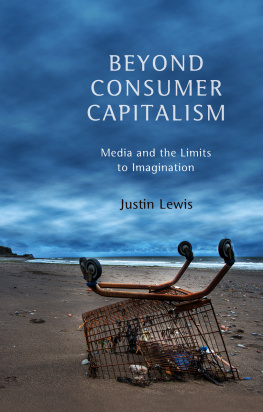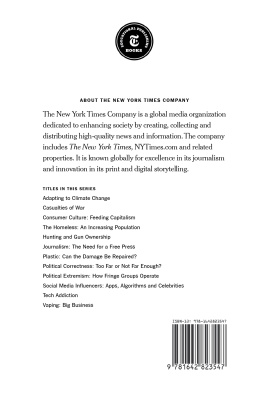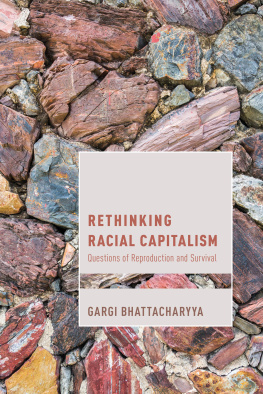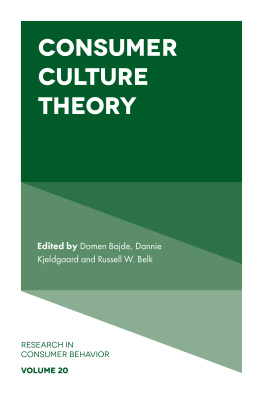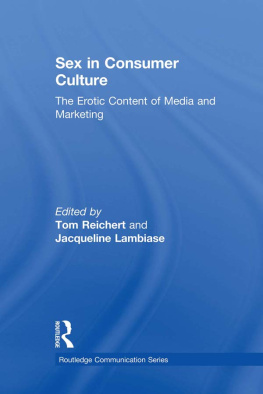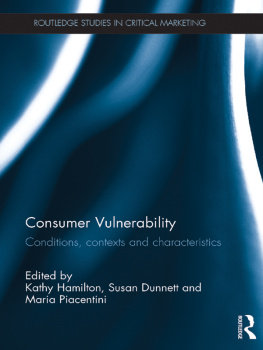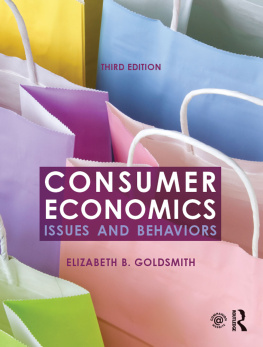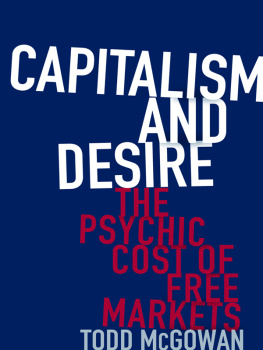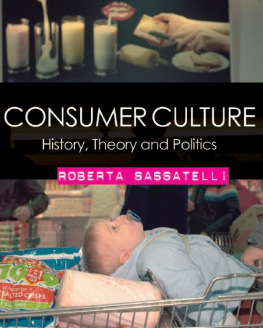Beyond Consumer Capitalism
Copyright Justin Lewis 2013
The right of Justin Lewis to be identified as Author of this Work has been asserted in accordance with the UK Copyright, Designs and Patents Act 1988.
First published in 2013 by Polity Press
Polity Press
65 Bridge Street
Cambridge CB2 1UR, UK
Polity Press
350 Main Street
Malden, MA 02148, USA
All rights reserved. Except for the quotation of short passages for the purpose of criticism and review, no part of this publication may be reproduced, stored in a retrieval system, or transmitted, in any form or by any means, electronic, mechanical, photocopying, recording or otherwise, without the prior permission of the publisher.
ISBN: 978-0-7456-7166-6
A catalogue record for this book is available from the British Library.
The publisher has used its best endeavours to ensure that the URLs for external websites referred to in this book are correct and active at the time of going to press. However, the publisher has no responsibility for the websites and can make no guarantee that a site will remain live or that the content is or will remain appropriate.
Every effort has been made to trace all copyright holders, but if any have been inadvertently overlooked the publisher will be pleased to include any necessary credits in any subsequent reprint or edition.
For further information on Polity, visit our website: www.politybooks.com
Contents
Acknowledgements
Many thanks to Kim Humphery and Rick Maxwell for their shrewd and well-informed comments on the manuscript; to Janice Gillian for her wise observations; to Andrea Drugan, Lauren Mulholland, Joe Devanny and Susan Beer at Polity for their professionalism; and to Chloe Lewis for keeping it real.
Introduction: The problems of consumer capitalism in the twenty-first century and why we find it so difficult to appreciate them
People in the developed world are wealthier than at any time in human history. We have access to a vast array of consumer goods clamouring to improve the quality of our lives. A bounty of information and entertainment is available at the flick of a finger tip. Opportunities for communication abound: we can phone and email, text and tweet, post and blog, flickr and facebook, skype and type, all with a global reach and instantaneous response.
Despite this superabundance and even before the credit crunch arrived to expose the uncertainty of debt-dependent economies there was little sense that we were living in a golden age. For all their material advantages, children born into the twenty-first century are rarely seen as a lucky generation. The future is rich, instead, with a sense of foreboding.
Doubts hover like storm clouds on the horizon: dwindling economic security, mounting debt, environmental degradation and a creeping sense that a system based on permanent economic growth is unsustainable. There is also a widespread feeling that the way we live now is not quite as good as it could be. The idea that things can only get better has been replaced by the lament is that all there is?
What once drove us forward has become a treadmill, requiring all our effort and energy to simply stay where we are. This sense of stasis is more than simply a reflection of the human condition or, for that matter, our capacity for discontent. The first part of this book begins with the proposition that we have reached a pivotal moment in our social development. Consumer capitalism, for all its abundance and its apparent dynamism, can no longer be relied upon to deliver human progress.
The limits of consumer capitalism
Ever since its emergence as a dominant industrial force, consumer capitalism has had its critics. Despite many attempts to forecast the systems demise, Its persistence alongside the collapse of alternatives gives the system an air of permanence. Economies may wax and wane, but there is little sign that government-backed consumer capitalism is on the verge of collapse.
What we face in the twenty-first century is less a question of consumer capitalisms viability than its purpose. In an age of abundance, is the system still capable of fostering human development? The question is timely because we can observe a new set of conditions that suggest the systems ability to improve our lot is diminishing. These problems are sometimes difficult to appreciate because they are a product of the systems success.
Consumer capitalisms capacity for proliferation to turn nature into dazzling aisles of consumable goods is both its genius and, perhaps, its undoing. Its inexorable rise depends upon its ability to stimulate the production and consumption of objects without paying heed to matters of degree. Our supermarkets, big box stores and Amazonian web-aisles are testimony to the magnitude of the systems productivity. But the benefits of proliferation are finite.
In the 1970s a decade associated with rising working-class prosperity in developed countries Jeremy Seabrook documented the attitudes of older working-class people in Britain. He found, even then, both a dependence upon and an underlying a sentiment that captures the absence of imagination at the heart of consumer capitalism. It is a system that can never envisage a moment when we have enough things.
The rise and fall of orthodoxies litter human history, and yet our collective imagination pins us firmly to the present. We behave and plan only for more of the same. There is no space, in this model, for a post-capitalist society, a place where the superfluity of consumer goods allows us to direct our energies away from the consumption of commodities towards other potentially more purposeful activities.
The material limits of a consumer capitalist vision force it into an encounter with the limits of the physical world. The idea of infinite economic growth was always going to fit awkwardly with the finite nature of life on earth. The first part of this book deals with the economic, social and environmental implications of this tension.
The economics of excess in a finite world
The economic recession towards the end of the twenty-first centurys first decade was an example of consumer capitalisms tendency to over-reach in an attempt to create prosperity. The constant need for growth pushed us towards a reliance on mounting levels of debt in order to stimulate further the cycle of production and consumption. The system survived because of the largesse of governments who chose to use large amounts of public money to bail it out. This, of course, increased public debt and ironically enough increased our dependence on consumer capitalism to fill the gaps left by a more austere public sector.
The credit crunch might have been avoided by a more sceptical attitude towards unfettered financial markets and more prudent government regulation. It is, however, symptomatic of the problems faced by a system that requires constant increases in demand to sustain economic growth. Superfluity becomes a necessity rather than an achievement, a contradiction that becomes ever more burdensome for the increasingly bemused consumer.
In the twentieth century governments were forced to grapple with capitalisms tendency to drift towards monopoly. The state has thereby intervened (albeit rather feebly in recent years) to protect consumer choice without which the system loses its dynamism and purpose.

